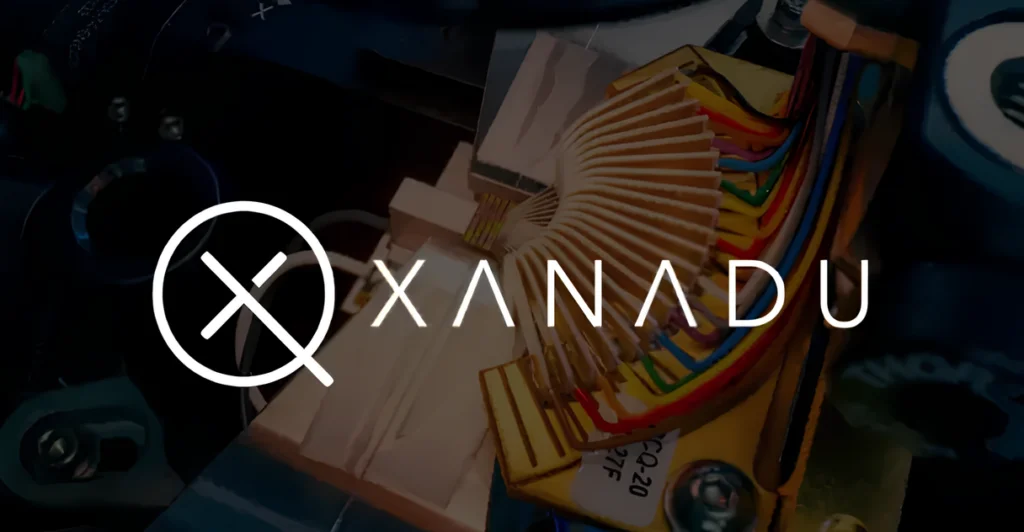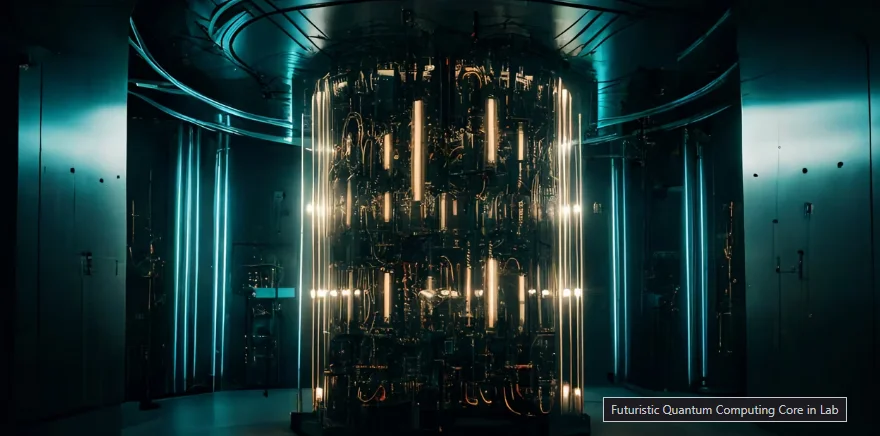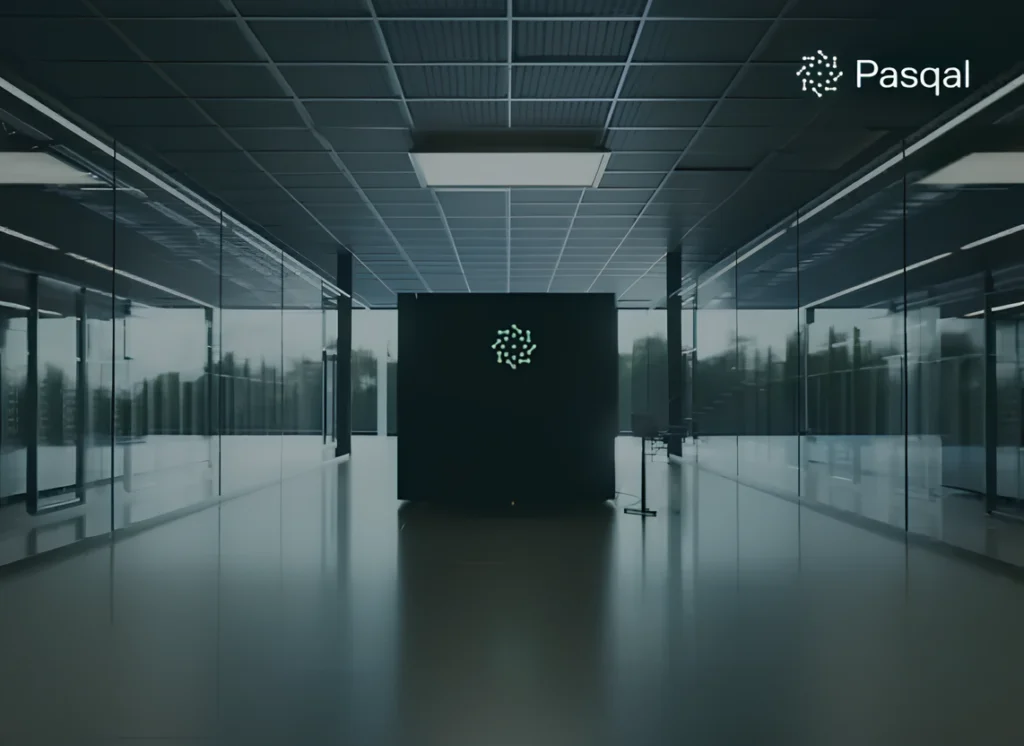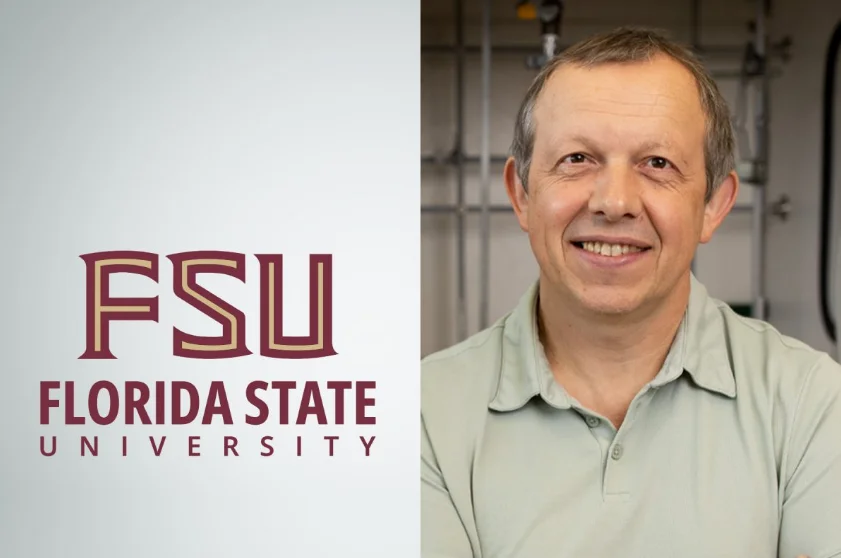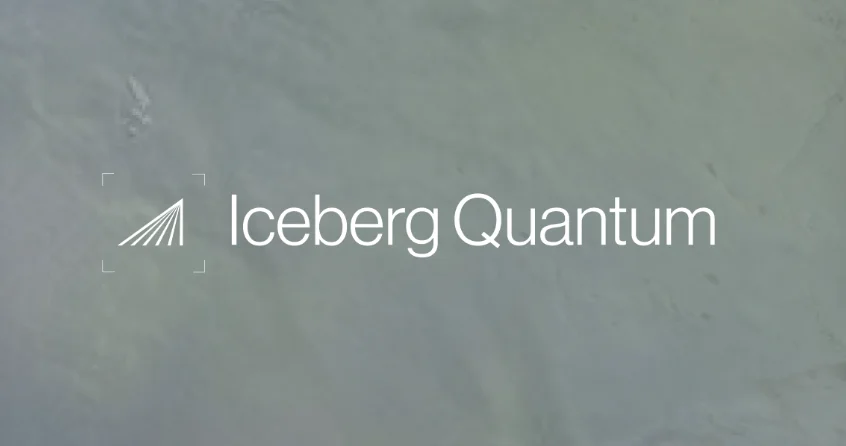
Polish researchers are using Amazon Braket from AWS to investigate some of the thorny problems and biggest opportunities in quantum computing — and making progress in finding solutions, as well as doing important work that to help realize the potential of quantum, according to a blog post.
The Quantin Research Group is one of those research teams. Led by Professor Michał Oszmaniec at the Center for Theoretical Physics at the Polish Academy of Sciences, the team works on fundamental and applied aspects of quantum computing, focusing particularly on the characterization and mitigation of errors in near-term quantum computers, according to the post.
The team reports that they are developing efficient ways to study and mitigate the effects of noise and cross-talk during the measurement process in superconducting qubits. Measurement noise is a principal sources of errors in the quantum devices available today. Improving the quality of measurements is vital to practical applications of quantum computers.
“Measurement errors in superconducting quantum devices can be, to a good approximation, modeled by classical stochastic maps.”, explained Professor Oszmaniec. “With Amazon Braket, we are able to apply recently-developed techniques to learn the structure of stochastic noise. We want to determine the type and magnitude of cross-talk in readout noise and are investigating an algorithm for grouping qubits into clusters exhibiting significant cross-talk. We then employ the obtained noise model in various readout error-mitigation schemes and study their dependence on the adopted noise model. Experiments so far have greatly improved our understanding of the structure of correlated measurement noise on the Rigetti Aspen-9 quantum processor. We hope further experiments will allow us to devise a comprehensive and scalable framework for measurement characterization and error mitigation applicable to even larger quantum computers.”

Another team at the Faculty of Cybernetics of the Military University of Technology in Warsaw, led by Dr. Krzysztof Kanciak, is investigating the application of quantum computers to the cryptographic security of common ciphers. Modern communications, banking, cryptocurrencies, and social media all rely on advanced cryptographic schemes. Quantum computers could create new methods of attacking some public key cryptosystems, and research teams are working to understand the threat and develop mitigation techniques.
Dr. Kanciak is working on a proof-of-concept implementation of a prototypical block cipher attack, according to the post. The team reports it “is investigating how to implement a quantum version of the Known-Plaintext Attack (KPA) on a toy version of the ARX cipher ‘Speck’ with a 4-bit block size, a 2-bit word/key size, and two encryption rounds.”
They add that determining the complexity of this style of quantum attack is crucial for understanding the threats and developing schemes to provide more security.
“I am currently working on algebraic analysis of lightweight block ciphers using Grover’s quantum search algorithm.”, explained Dr. Kanciak. “In our experiment, we construct an algebraic system of equations which allows us to deduce the secret key used to encrypt a message. We solve this system of equations using Grover’s algorithm executed on a quantum processing unit (QPU) via the Amazon Braket SDK. We then analyze the computational cost of solving such a system in terms of number of gates used and size of quantum circuit, and try to find ways to optimize those metrics. Results of these experiments allow us to make assessments of the security of the examined cipher against future quantum computers.”
Poland — home to research centers that are staffed by trained scientists and engineers — has made valuable contributions to quantum information science. AWS supports researchers around the globe, like these research teams in Poland, who are seeking to leverage cloud-hosted services, software, and tools via the AWS Cloud Credit for Research Program.
According to the post, the program allows researchers in quantum computing to apply for AWS credits to offset the costs of using quantum computers and simulators offered by Amazon Braket.
Another team at the Faculty of Cybernetics of the Military University of Technology in Warsaw, led by Dr. Krzysztof Kanciak, is investigating the application of quantum computers to the cryptographic security of common ciphers. Cryptography is incredibly important in daily life, with modern communications, banking, cryptocurrencies, and social media all relying on advanced cryptographic schemes. The development of quantum computers may eventually allow new methods of attacking some public key cryptosystems, and research teams are working to understand the nature of this threat and techniques to mitigate its impact.
For more information, or if would like to learn more about Amazon Braket program, please contact us via email, your AWS account manager, or the AWS Cloud Credit for Research program.
If you found this article to be informative, you can explore more current quantum news here, exclusives, interviews, and podcasts.








